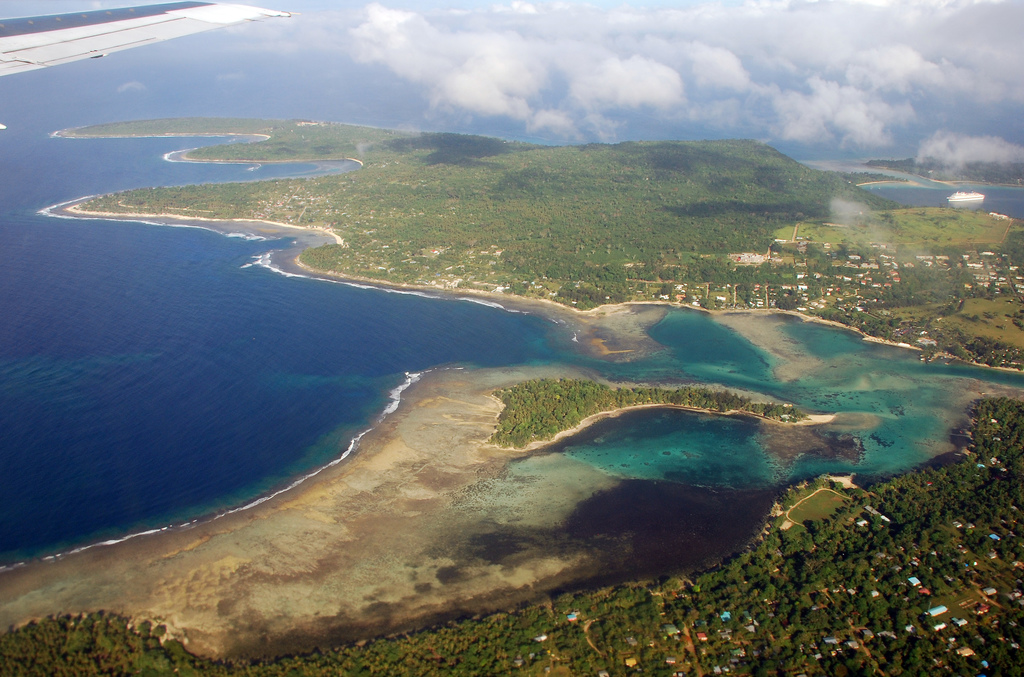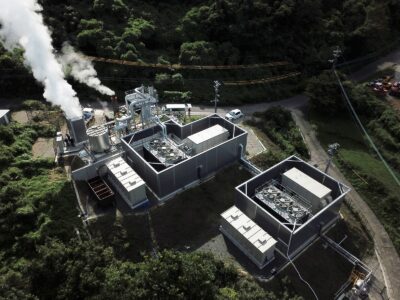Vanuatu appoints Geothermal Task Force to foster development
The Vanuatu government has laid groundwork for progress in the legislation to foster geothermal development in the country, forming a Geothermal Task Force and changing elements of the Utilities Regulatory Act, as reported by KUTh Energy.
In a release to shareholders, Australian KUTh Energy provides an update on its progress in Vanuatu.
The company had identified several matters, the resolution of which, would give it sufficient commercial comfort to commit funds for the commencement of exploration drilling at Takara. During July and August the company made a concerted effort to finalise these matters before 30 August, the last parliamentary sitting day before the October election. While not all these matters could be finalised before the 30 August deadline, the groundwork has been laid for progress when the next parliament sits.
The key areas of progress towards commencement of exploration drilling are as follows:
1. Formation of the Geothermal Task Force
The Minister for Lands and Energy officially appointed a Task Force to ensure the urgent development of the geothermal project by providing policy and strategic guidance and to coordinate full consultation with land owners, relevant Government Departments, including statutory bodies, and the general public. The Task Force comprises the Director Generals of the Ministries of Lands and Finance, Directors from the Departments of Energy and the Environment and senior representatives from the National Advisory Committee on Climate Change and the Mama Graon Land Project.
2. Changes to the Utilities Regulatory Act
The Task Force has been focused on clearing bottlenecks in the system that threatened to further delay the geothermal project. The Task Force managed to achieve alignment of interest from KUTh, UNELCO, the State Law Office and the Council of Ministers for changes to the Utilities Regulatory Act that were seen as necessary to progress the project. The proposed changes to the Act, which regulates the Utilities Regulatory Authority (URA), include formalising an existing authority recognised by the URA by which the Minister of Energy can approve a base geothermal tariff. A minimum geothermal tariff would give commercial certainty to KUTh and allow the project to get started. Future tariff setting would continue to be subject to regulation by the URA.
The Task Force also obtained agreement from UNELCO that a Power Purchase Agreement will be finalised with KUTh once the key Utilities Regulatory Act changes are passed by parliament.
Procedural matters prevented parliament from voting on the changes on the last sitting day prior to October’s general election.
Commenting on the progress, managing director David McDonald said, “We welcome the efforts of the newly appointed Geothermal Task Force during August with a refreshingly determined and focused approach to remove the roadblocks delaying the start of the geothermal project. We recognise that the URA administration is not happy that changes are being proposed to their Act but some action was required to stop the unnecessary delays to such a beneficial project. This project needs to have an agreed power off-take and an agreed tariff setting before any drilling will take place and that is clearly recognised by the Vanuatu government. As we were unable to progress these items with the URA in a reasonable time-frame, it is not surprising that the government would want to find mechanisms to allow the project to proceed more expeditiously. ”
The strong interest at government, consumer, and community level for the start of the project coupled with the recommendations from the World Bank report that stated ‘The Takara geothermal power plant is the … least-cost base load power supply addition for Efate … compared to diesel, wind and solar photovoltaics. Development of the Takara geothermal resource should be prioritised above development of other generation technologies’ has created a ground swell of support for the project.
David McDonald summed up by saying, “Yes, we are obviously disappointed that these changes didn’t go through the final sitting of Parliament. On the positive side, we have seen considerably greater focus at the key government levels to address the regulatory issues and our resolve remains firm. Our team and the Geothermal Task Force remain motivated and keen to push this forward as soon at the elections are held in October. We know there is bi-partisan support for the geothermal project, so we are confident that the current momentum will drive the project forward when parliament sits again in November.”
Source: Company release via 4 Traders


















